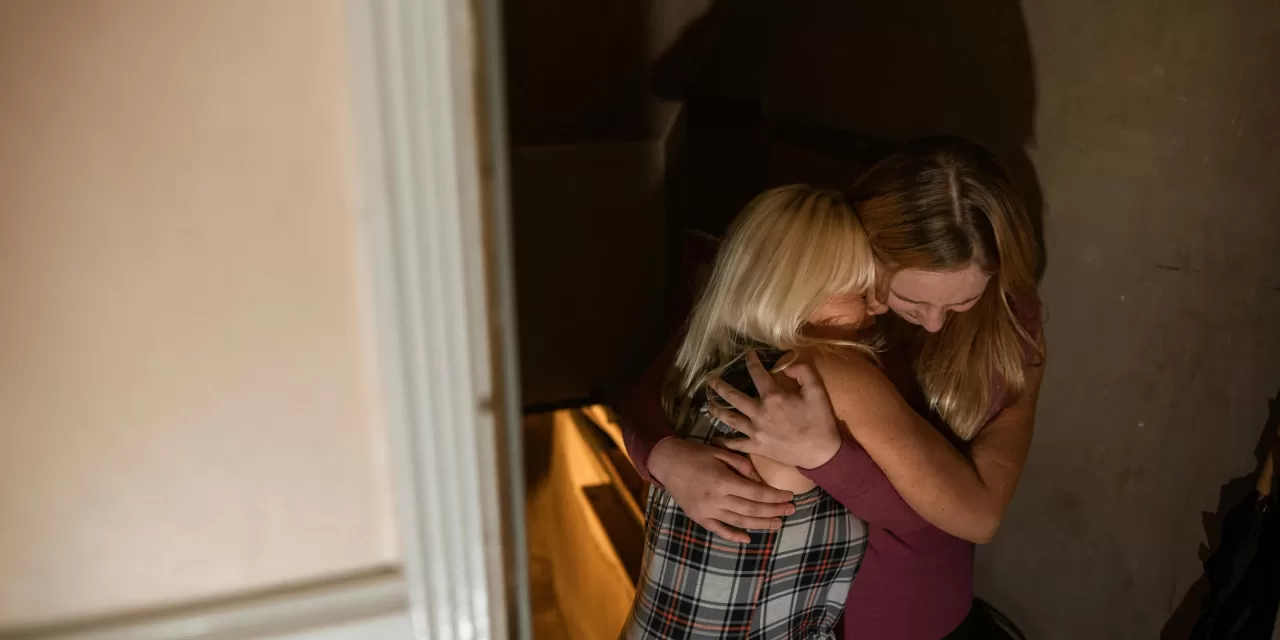A new study sheds light on the profound and lasting impact of sibling sexual abuse on family relationships, even years after the abuse has stopped. The research, led by Sheila van Berkel, Iva Bicanic, and Anja van der Voort, reveals the complexities and challenges survivors face when navigating family dynamics post-abuse.
Published in Child Abuse & Neglect, the study draws on interviews with survivors who shared their personal experiences of sibling sexual abuse, offering valuable insights into the emotional and relational consequences of such trauma. The findings emphasize that sibling sexual abuse, while not as widely discussed as abuse by adults, can leave scars that permeate through a family for years.
The Complexity of Recognizing Sibling Sexual Abuse
Sibling sexual abuse remains under-researched compared to other forms of abuse, such as those involving (grand)parents and children. Van Berkel, a lead researcher on the study, points to one reason for this gap: “Sibling sexual abuse can be harder to recognize,” she explains. While sexual abuse between an adult and a child is immediately recognized as wrong, the same behavior between two minors can be far more ambiguous.
Sexual curiosity is a natural part of child development, which can blur the lines between what is normal exploration and what constitutes abuse. This confusion extends to the roles children play in the abuse, with survivors sometimes questioning their own responsibility. “Was I to blame? Didn’t I go along with it?” these survivors often wonder, adding to the emotional complexity of the situation.
Parental Responses Often Add to the Trauma
Another central theme emerging from the study is how parents respond to the abuse—or fail to do so. Many survivors reported that their parents either denied or minimized the abuse, with some survivors revealing that they never disclosed the abuse to their parents, carrying the trauma in silence. Those who did speak up often found that family relationships became strained or unsupportive.
Van Berkel highlights a tendency among parents to prioritize family unity, even at the expense of addressing the survivor’s emotional needs. “Parents want to restore a sense of normalcy,” she notes, “but this desire for normalcy can often leave the survivor feeling unheard.”
This focus on moving past the abuse can lead to situations where the perpetrator is allowed to “move on” while the survivor’s feelings are neglected. In many cases, survivors felt that their parents were more concerned about family togetherness—such as celebrating holidays like Christmas—than addressing the lasting trauma of the abuse.
Van Berkel stresses that parents need to take the survivor’s emotions seriously, even if it means making difficult choices, such as spending holidays separately with each child. “What you want as a parent is irrelevant for a while,” she explains, emphasizing that supporting the survivor must take precedence.
The Role of Therapy: A Need for Sensitivity and Understanding
The study also explored survivors’ experiences with therapy, pointing out significant gaps in how sibling sexual abuse is addressed in therapeutic settings. Many participants reported that therapists failed to directly inquire about the possibility of sibling sexual abuse, overlooking this crucial issue due to the stigma and shame associated with it.
Survivors shared that the trauma of the abuse often triggers intense emotional responses in daily life, whether through a smell, a song, or a specific sound. Having a safe space to talk about these triggers can be transformative for the healing process.
However, Van Berkel cautions therapists against demonizing the sibling who committed the abuse. “This perspective doesn’t align with how some survivors view their sibling,” she explains. Survivors can hold complex feelings, seeing their sibling as both a source of harm and a loved family member. One participant shared how they saw their sibling as “two different people,” with one side being kind and the other causing fear and trauma.
Moving Forward: A Call for Awareness and Support
This research underscores the urgent need for more attention to sibling sexual abuse in both academic and clinical settings. As Van Berkel concludes, acknowledging the complex and lasting effects of sibling sexual abuse is essential for both survivors and those who support them. For many survivors, simply being listened to—by family members, therapists, or peers—can make a significant difference in their journey toward healing.
For more details, refer to Sheila R. van Berkel et al, “Just Listen to Me”: Experiences of Therapy After Childhood Sibling Sexual Abuse, published in Child Abuse & Neglect (2024).












